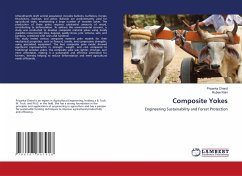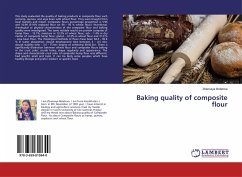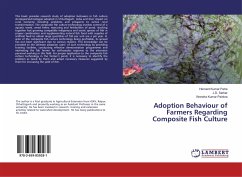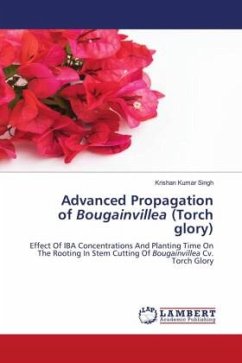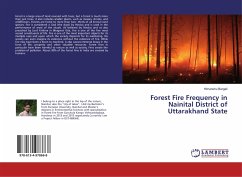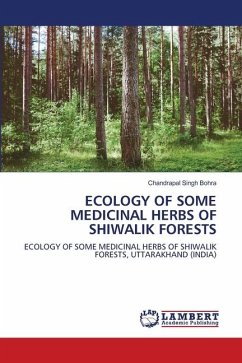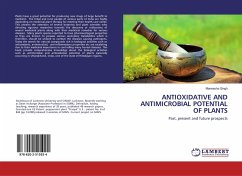Uttarakhand's draft animal population includes bullocks, buffaloes, horses, khachchars, donkeys, and yokes. Bullocks are predominantly used for agricultural tasks, necessitating a large number of wooden yokes. The production of these yokes requires substantial amounts of wood, contributing to deforestation. To address this environmental concern, a study was conducted to develop composite material yokes using locally available resources like silica, bagasse, paddy straw, jute, lantana, salix, and bamboo, combined with resin and hardener.The study tested various composite material yoke models for their mechanical properties, such as flexural, tensile, and compressive strengths, using specialized equipment. The best composite yoke model showed significant improvements in strength, weight, and cost compared to traditional wooden yokes. The composite yoke was lighter, stronger, and more affordable, making it a sustainable and effective alternative for farmers, thereby helping to reduce deforestation and meet agricultural needs efficiently.
Bitte wählen Sie Ihr Anliegen aus.
Rechnungen
Retourenschein anfordern
Bestellstatus
Storno

